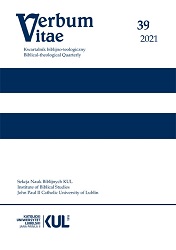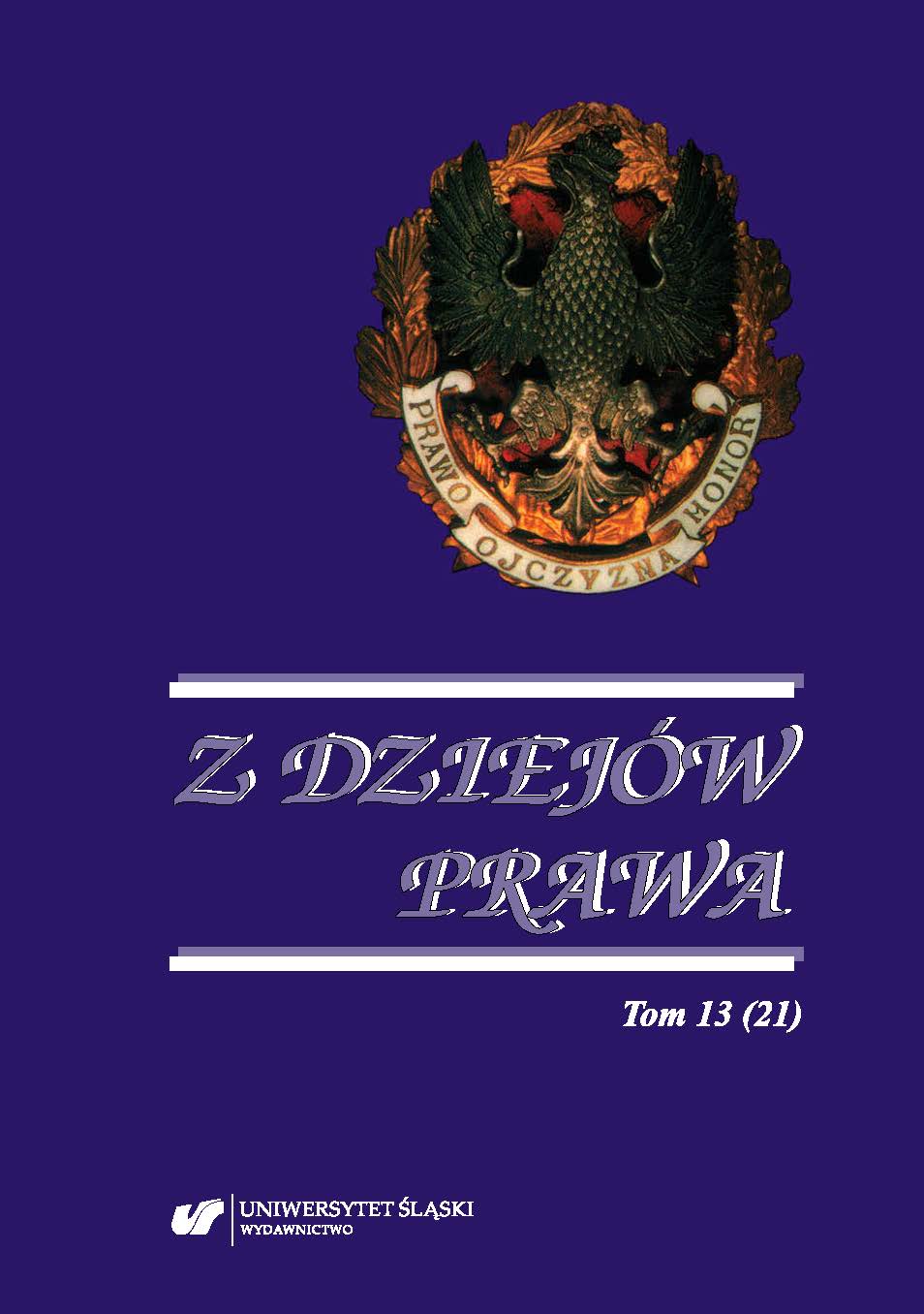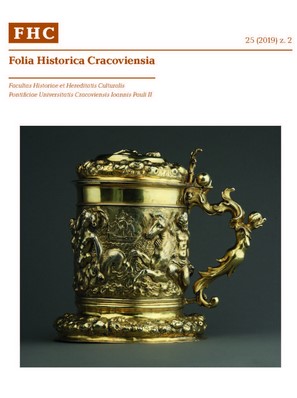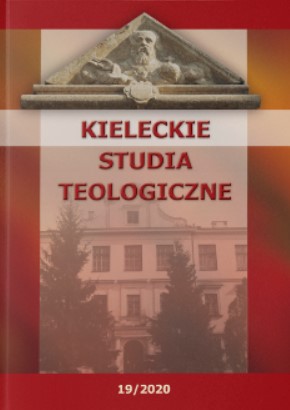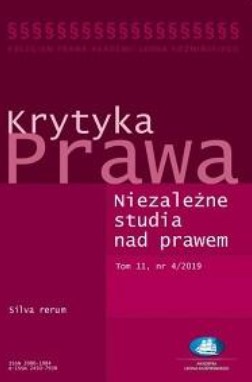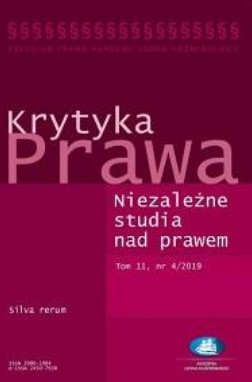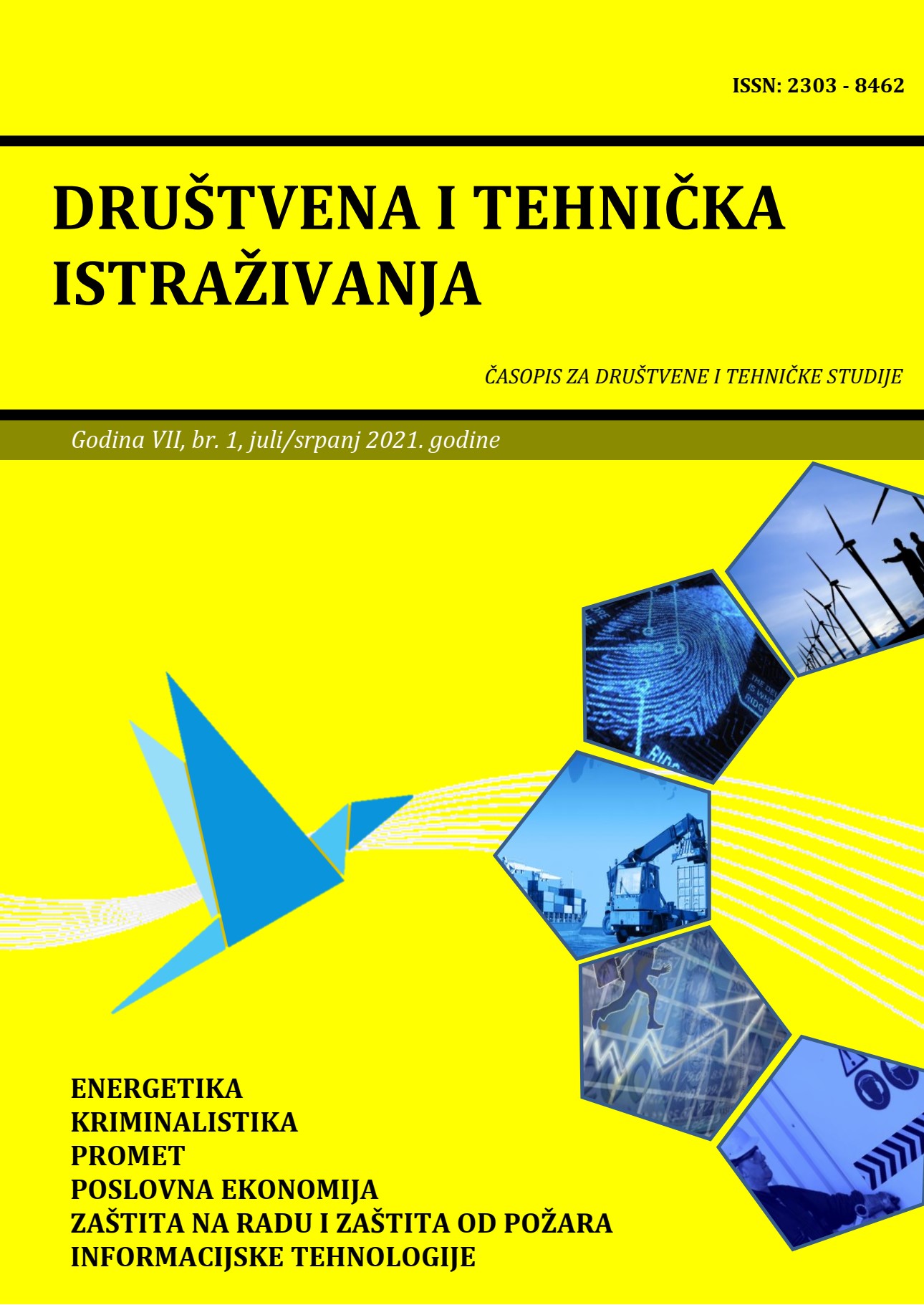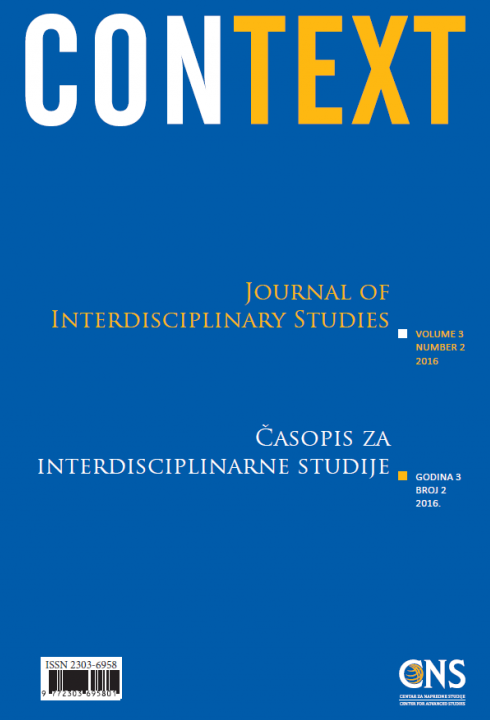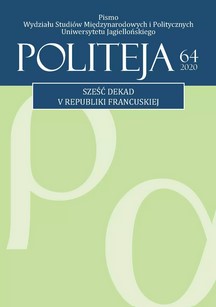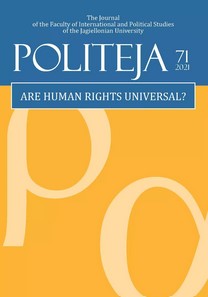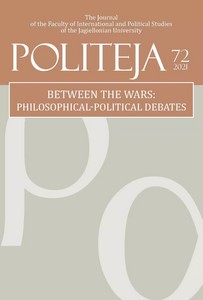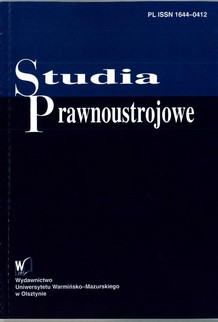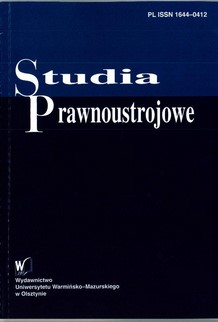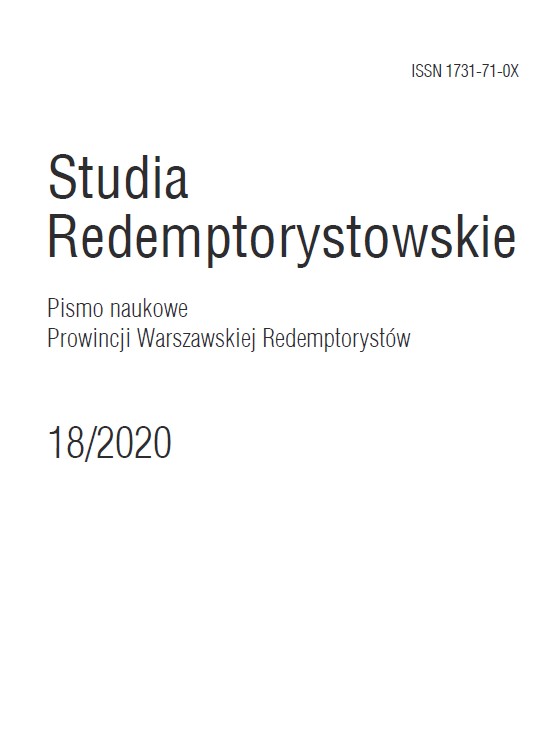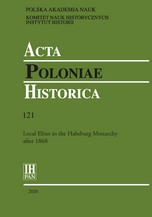
THE ‘KINDRED CIRCLE’ OF VILLAGE MAYORS IN THE HABSBURG MONARCHY AND THE EXAMPLE OF CIESZYN SILESIA, 1864–1918
In Cieszyn Silesia (the eastern part of the crownland of Austrian Silesia) from the time local government was introduced in 1864 until 1918 it is possible to identify 1332 village mayors (German: Gemeindevorsteher; Polish: wójt; Czech: starosta). Of these, at least 1006 (almost 76 per cent) had another village mayor in Cieszyn Silesia in their ‘kindred circle’, which includes second-degree relatives according to canonical computation, as well as witnesses at weddings and baptisms of their closest family (children, parents, siblings). The uninterrupted lineage of these types of relationships connected at least 875 village mayors, or 66 percent of all those known. Thus the partial democratisation at the level of local self-government led to a kind of oligarchy, with the position of the village head being assumed by wealthy peasant families who all had connections to one another. Outside of the ‘kindred circle’, there were the factory owners and officials of archdukes and counts, who took the position of village mayor in industrialised areas, as well as a few Jewish village mayors and probably the majority of village mayors from the mountain villages.
More...
